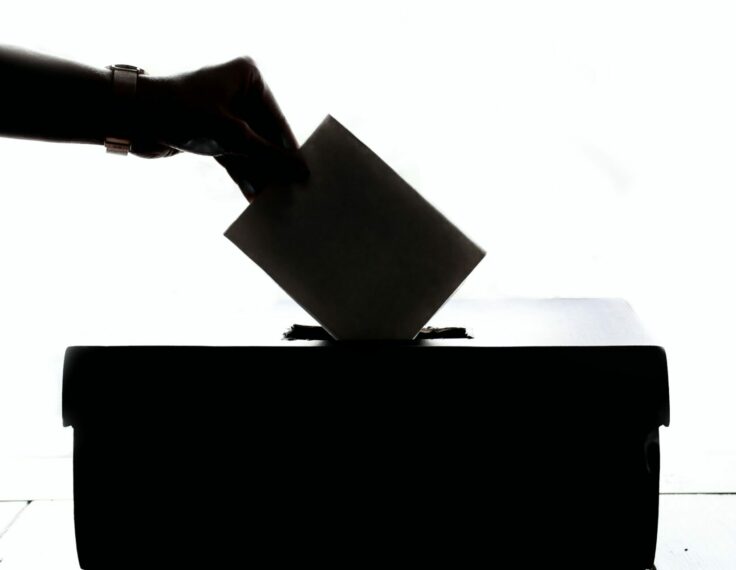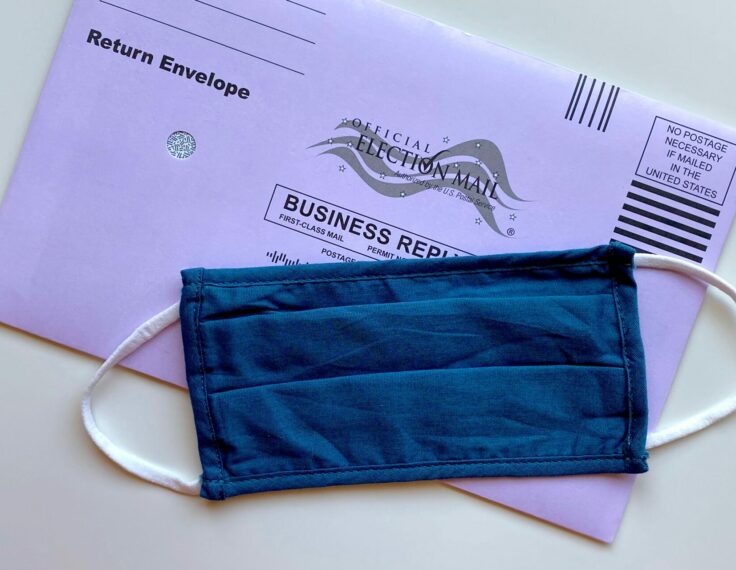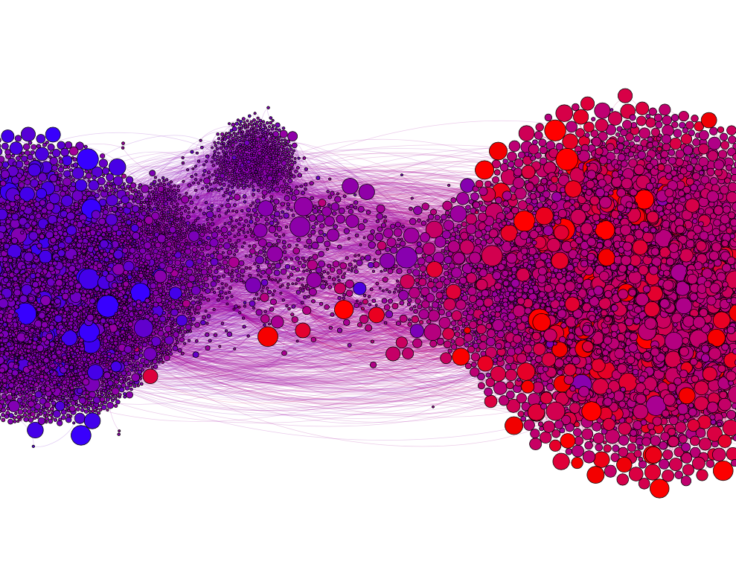
Elections
Source alerts can reduce the harms of foreign disinformation
Jason Ross Arnold, Alexandra Reckendorf and Amanda L. Wintersieck
Social media companies have begun to use content-based alerts in their efforts to combat mis- and disinformation, including fact-check corrections and warnings of possible falsity, such as “This claim about election fraud is disputed.” Another harm reduction tool, source alerts, can be effective when a hidden foreign hand is known or suspected.

Elections
The presumed influence of election misinformation on others reduces our own satisfaction with democracy
Erik C. Nisbet, Chloe Mortenson and Qin Li
Pervasive political misinformation threatens the integrity of American electoral democracy but not in the manner most commonly examined. We argue the presumed influence of misinformation (PIM) may be just as pernicious, and widespread, as any direct influence that political misinformation may have on voters.

Elections
COVID-19 disinformation and political engagement among communities of color: The role of media literacy
Erica Weintraub Austin, Porismita Borah and Shawn Domgaard
Communities of color, suffering equity gaps and disproportionate COVID-19 effects, also must resist ongoing disinformation campaigns designed to impede their political influence. A representative, national survey (N=1264) of adults conducted June-July 2020 found that nonwhite respondents tended to report less COVID-19 knowledge, media literacy, and voting intent than white respondents, but more acceptance of COVID-19 disinformation and for risks associated with protesting for social justice.

Elections
COVID-19 misinformation and the 2020 U.S. presidential election
Emily Chen, Herbert Chang, Ashwin Rao, Kristina Lerman, Geoffrey Cowan and Emilio Ferrara
Voting is the defining act for a democracy. However, voting is only meaningful if public deliberation is grounded in veritable and equitable information. This essay investigates the politicization of public health practices during the Democratic primaries in the context of the 2020 U.S.

Elections
Right and left, partisanship predicts (asymmetric) vulnerability to misinformation
Dimitar Nikolov, Alessandro Flammini and Filippo Menczer
We analyze the relationship between partisanship, echo chambers, and vulnerability to online misinformation by studying news sharing behavior on Twitter. While our results confirm prior findings that online misinformation sharing is strongly correlated with right-leaning partisanship, we also uncover a similar, though weaker, trend among left-leaning users.

Elections
Retracted: Disinformation creep: ADOS and the strategic weaponization of breaking news
Mutale Nkonde, Maria Y. Rodriguez, Leonard Cortana, Joan K. Mukogosi, Shakira King, Ray Serrato, Natalie Martinez, Mary Drummer, Ann Lewis and Momin M. Malik
In this essay, we conduct a descriptive content analysis from a sample of a dataset made up of 534 thousand scraped tweets, supplemented with access to 1.36 million tweets from the Twitter firehose, from accounts that used the #ADOS hashtag between November 2019 and September 2020.

Elections
State media warning labels can counteract the effects of foreign misinformation
Jack Nassetta and Kimberly Gross
Platforms are increasingly using transparency, whether it be in the form of political advertising disclosures or a record of page name changes, to combat disinformation campaigns. In the case of state-controlled media outlets on YouTube, Facebook, and Twitter this has taken the form of labeling their connection to a state.
